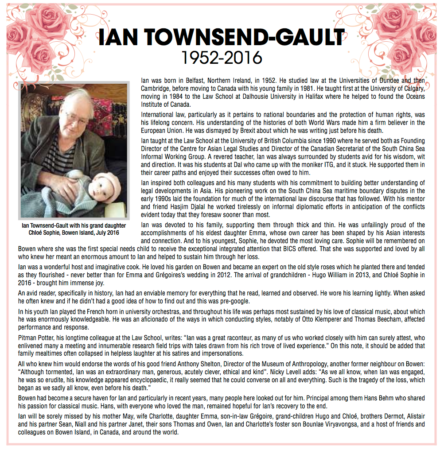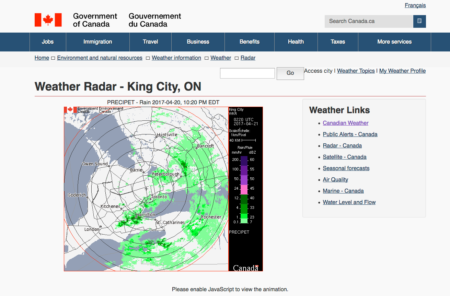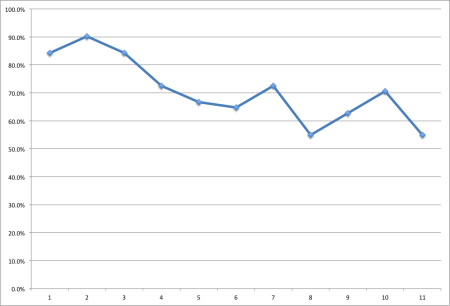Most undergraduate students would really benefit from an intensive one-on-one tutoring program in writing essays. Even among third and fourth year students, it’s something most of them can’t or don’t do competently. While U of T offers some writing resources, you can’t really turn up at a writing centre with an unstructured, ungrammatical, and unconvincing draft and have someone teach you the basics of being credible and convincing in an hour or so.
It would be better to find a subject that is of particular interest to the student, and then begin with some lessons on what distinguishes credible sources and how to conduct research. The tutoring could then progress to a review of the basic essay template people should have learned in high school or earlier: an introduction with a clear thesis and a basic outline of the argument, body paragraphs with organized and coherent lines of evidence and argumentation, and a conclusion that wraps up and perhaps points to some broader implications.
They need to be guided away from both mindlessly vague claims with no substantive content and from the wild extrapolation and hyperbole where ludicrous statements are made about how the small topic of their paper will have vast, automatic, permanent, global effects. This one little UN initiative will save the world’s oceans, or one tweak in parliamentary procedure will save Canadian democracy, etc.
They could also be taught to edit. Clearly, most of them don’t even skim through their own writing looking for awkwardly phrased and ambiguous passages or language problems. They could, however, be taught to go beyond that to really think about making an argument and being convincing: evaluating whether each sentence and paragraph is serving their overall purpose, and how to hold the interest and win the respect of the reader.
Doing all this one-on-one would overcome the limitations of drop-in writing help, where the tutor doesn’t know the student’s strengths and weaknesses and can only provide ad hoc suggestions and corrections rather than a broad and coordinated program of improvement. A bespoke approach would let tutors avoid boring students by rehashing things they already understand, while letting the student focus on subject matter where they have actual passion.
Such a program of tutoring could do a lot to enhance what is almost the only tangible skill developed during an undergraduate program in the humanities or social “sciences”, and it would be a small investment of time and money compared to the undergraduate program as a whole.
Related:



